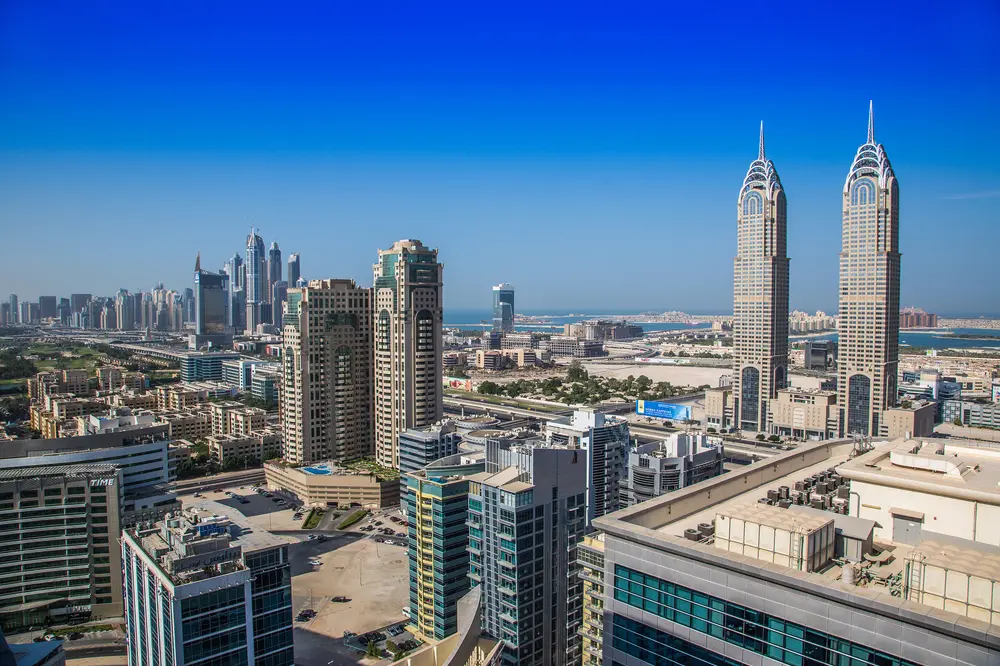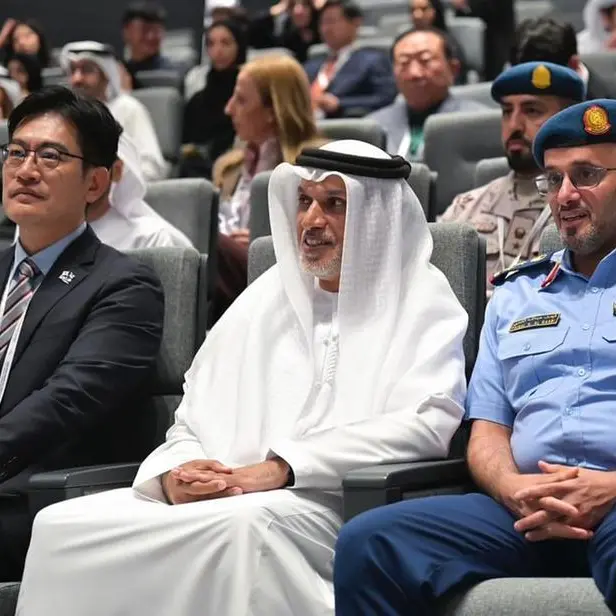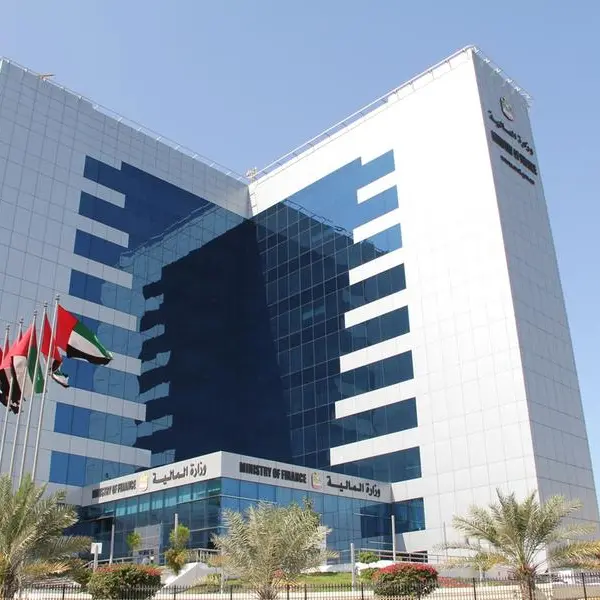PHOTO
Tuesday, Sep 27, 2016
Dubai: The UAE continues to top the Arab world in competitiveness, according the World Economic Forum’s Global Competitiveness Report 2016-2017, an annual assessment of the factors driving productivity and prosperity in 138 countries.
Climbing one position from last year in the global ranking to 16th position, the UAE along with Qatar (18); and Saudi Arabia (29) were in the top 30 global ranking.
Qatar and Saudi Arabia slipped four positions each this year in the global ranking.
“The drop in energy prices has heightened the urgency of advancing competitiveness agendas across the Arab world. There remains a clear need for all energy-exporting nations to further diversify their economies and for much greater effort to improve basic competitiveness among the region’s energy-importing nations,” the report said.
For the eighth consecutive year, Switzerland ranks as the most competitive economy in the world, narrowly ahead of Singapore and the United States. Following them is the Netherlands and then Germany.
The report notes that the UAE has been building on improvements in competitiveness in recent years. This year small gains in areas such as technological adoption and business sophistication are partially offset by deteriorating macroeconomic stability that is the result of lower energy prices, which have led to a rise in inflation and public debt and to the emergence of a fiscal deficit.
“Overall, the UAE boasts a number of competitive strengths with infrastructure ranked at fourth in overall global ranking, and goods and labour markets open and efficient. Going forward, for the country to diversify its economy, enhancing innovation will be crucial. There is equal scope for better leveraging digital technologies that are an important enabler of business innovation,” the report said. Currently the country ranks 29th in ICT use.
Saudi Arabia comes in at 29th, losing four places mainly as a result of deteriorating macroeconomic environment following the drop in energy prices. The country has recently revealed its ambitious economic development programme, which aims at widespread diversification of the economy in order to reduce dependence on oil by 2030. Achieving higher diversification will require building capacities in high-end industries and services sectors.
The report showed that the Middle East and North Africa region continues to experience significant instability in geopolitical and economic terms as spillover effects from the conflicts in Libya, Syria, and Yemen are undermining economic progress in the entire region.
Instability is also being created by the uncertain future of energy prices after recent falls, which affect the region’s countries in different ways. Oil-exporting countries in general are experiencing lower growth, higher fiscal deficits, and rising concerns about unemployment. Growth in Gulf Cooperation Council (GCC) economies averaged 5.2 per cent between 2000 and 2012, but fell to 2.5 per cent in 2015. The forecast for 2016 is also 2.5 per cent.
Although the region’s oil-exporting countries are diverse in terms of their competitiveness, the report points at two commonalities. Despite recent privatisation efforts, most national economies remain state-dominated and competition remains constrained throughout the region with the level of domestic competition and openness to foreign trade and investment remains below OECD levels for most countries.
“Oil-exporting countries in the Middle East and North Africa region have room for improvement in these areas, which should go hand in hand with diversification away from the energy sector. The most competitive economy in this group, the United Arab Emirates, is also the most diversified and has made great strides towards improving technological readiness and innovation since 2011, moving from 30th to 18th and from 28th to 25th on the related pillars of the GCI, respectively,” the report said.
Growth in the region’s oil-importing Arab economies has also slowed, down from 5.4 per cent on average between 2000 and 2012 to 1.9 per cent in 2015, often as a result of spillover effects from regional conflict. Competitiveness rankings of these countries lag and key priorities for these countries continue to be fostering employment and making economies more inclusive to meet the population’s demands for higher living standards and economic opportunities.
By Babu Das Augustine Banking Editor
Gulf News 2016. All rights reserved.





















